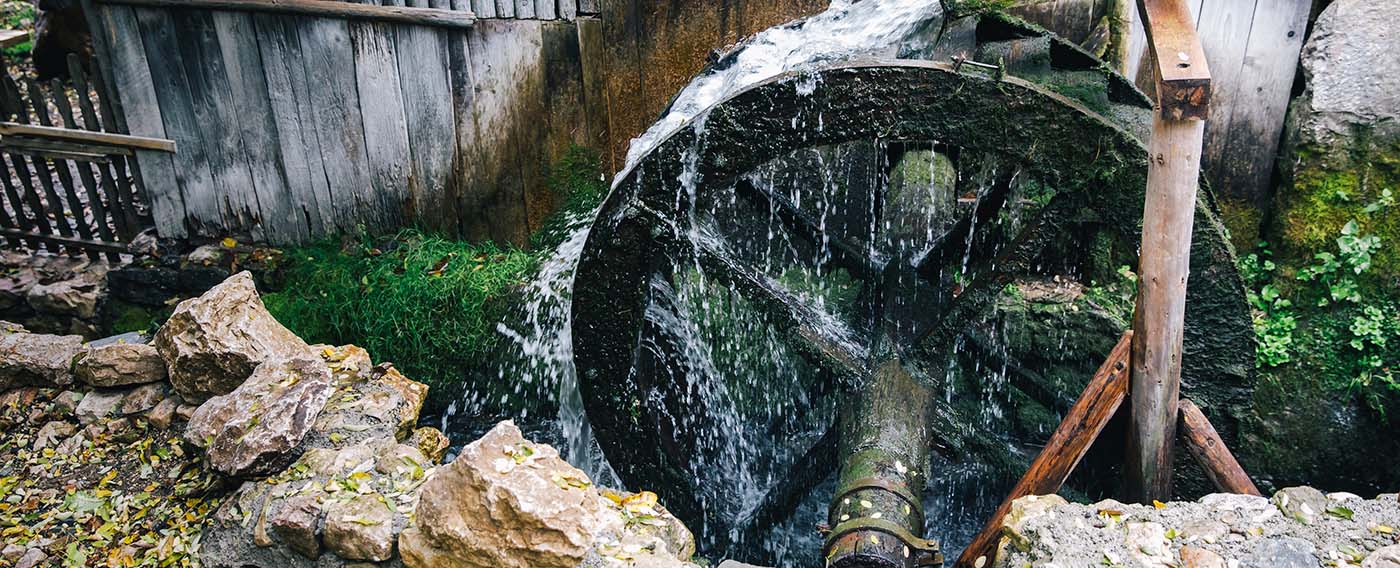

The establishment of feudalism
It was at the end of the 11th century that feudalism finally took hold. The feudal lords, nobles or members of the Church, would force the peasants to hand over a surplus on their work, emasculating their freedoms and forcing a large part of the population into debt. Oriol Garcia Farré, 11Onze agent and historian, explains it to us.
It was a political, economic, legal and social system established during the Middle Ages throughout the European continent. The kingdoms were divided into small territories that had a certain degree of independence, which were administered by the new feudal lords, lay and ecclesiastical, who provided ‘protection’ to the peasants attached to the land, in exchange for tribute and labour.
At least this was the official rhetoric, as Garcia explains, “most of the existing documentation on the process of feudalisation only explains what the lords or the ecclesiastics were interested in documenting“, and he continues, “bear in mind that in this documentation broad sectors of society, such as the peasants, will be left out”.
The obligation to generate a surplus
With the imposition of feudalism, agricultural and livestock production became the mainstay of the economy. The systematic exploitation of the peasants through the collection of taxes, without which “it would never have been possible to build castles, towers, monasteries, or Romanesque gateways”, Garcia points out, gave way to the need to “demand and bind new lands for farming”.
Thus, there was an intensification of agriculture spurred on by the coercion of the feudal lords exercised over the communities of free peasants, “who throughout this process of feudalisation were forced to abandon their subsistence economy, with the sole aim of generating a surplus”, says Garcia.
11Onze is the community fintech of Catalonia. Open an account by downloading the app El Canut for Android or iOS and join the revolution!
Leave a Reply
You must be logged in to post a comment.
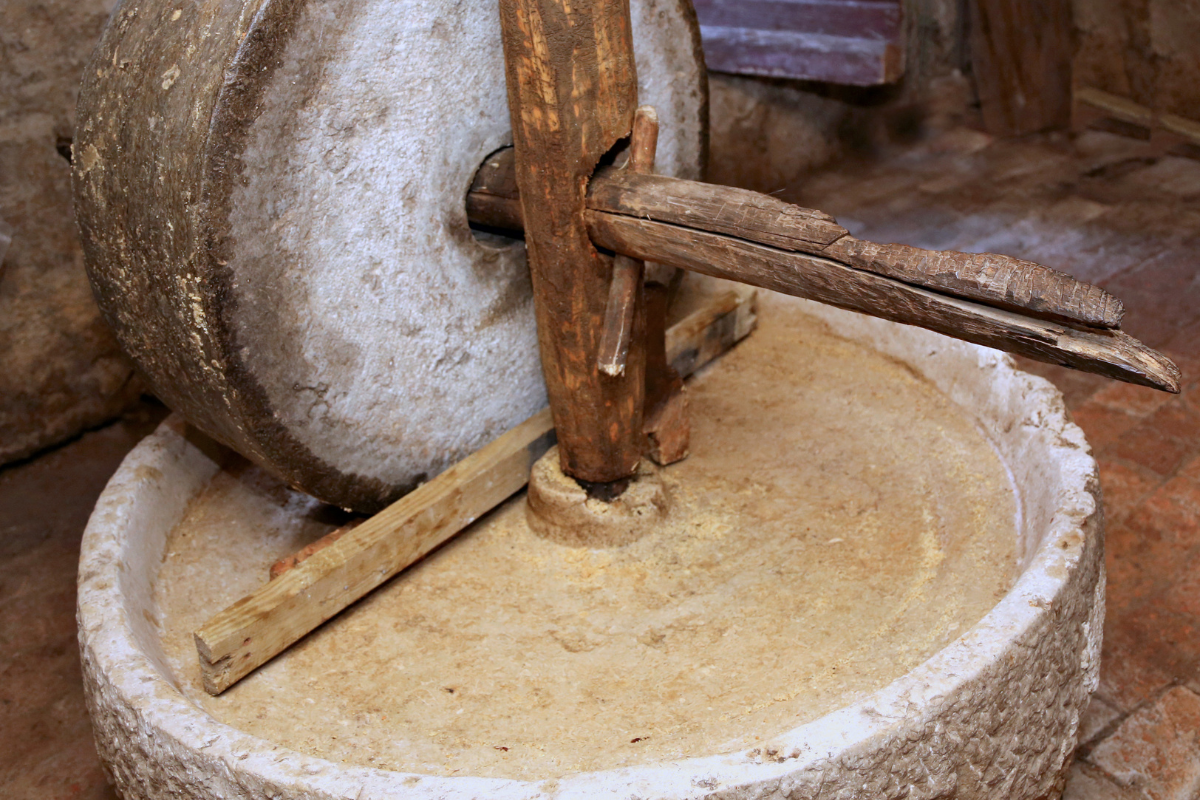
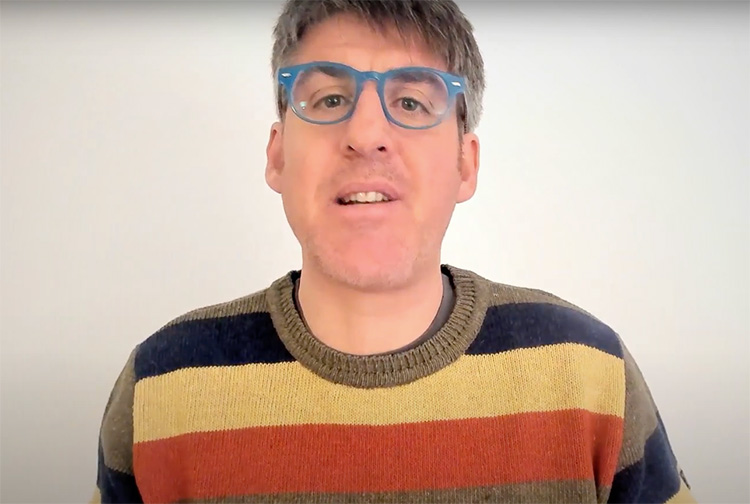
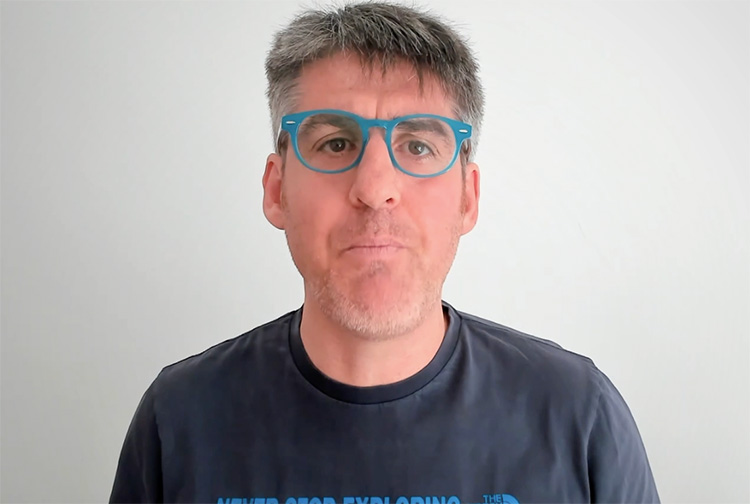
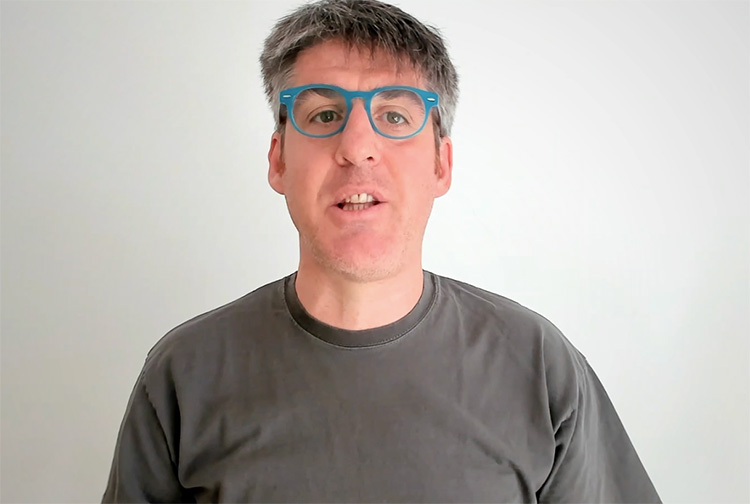


Gràcies
Aquests articles són per estudiar a les Facultats d’ Economia. Fàcilment podrien fer previsions econòmiques pel futur.
No sé si ho fan, en tot cas ho dubto.
Gràcies, Mercè pel teu comentari! Tan lluny i tan aprop! Seguim a La Plaça!
Moltes gràcies pel teu comentari, Mercè!!!
Molt bona classe d’historia, merci👌
Gràcies, Jordi. D’això es tracta, d’aportar valor i coneixement a la comunitat. Seguim a La Plaça.
Com sempre genial com ho expliques fas que ens traslladem al moment dels fets
Gràcies
Gràcies, Alícia. Entre allò i això, tampoc hi ha gaire diferència. Seguim a La Plaça.
👍
Gràcies, Manel per llegir-nos i seguir-nos. Seguim a La Plaça.